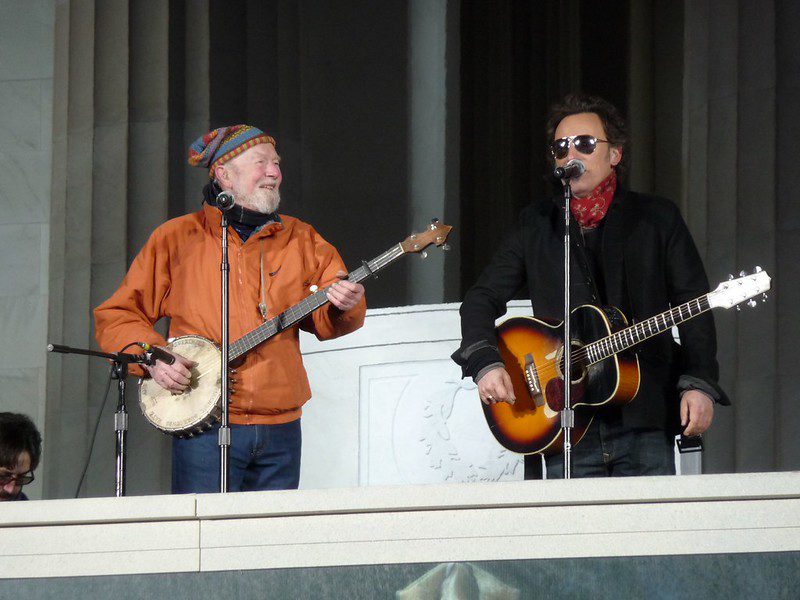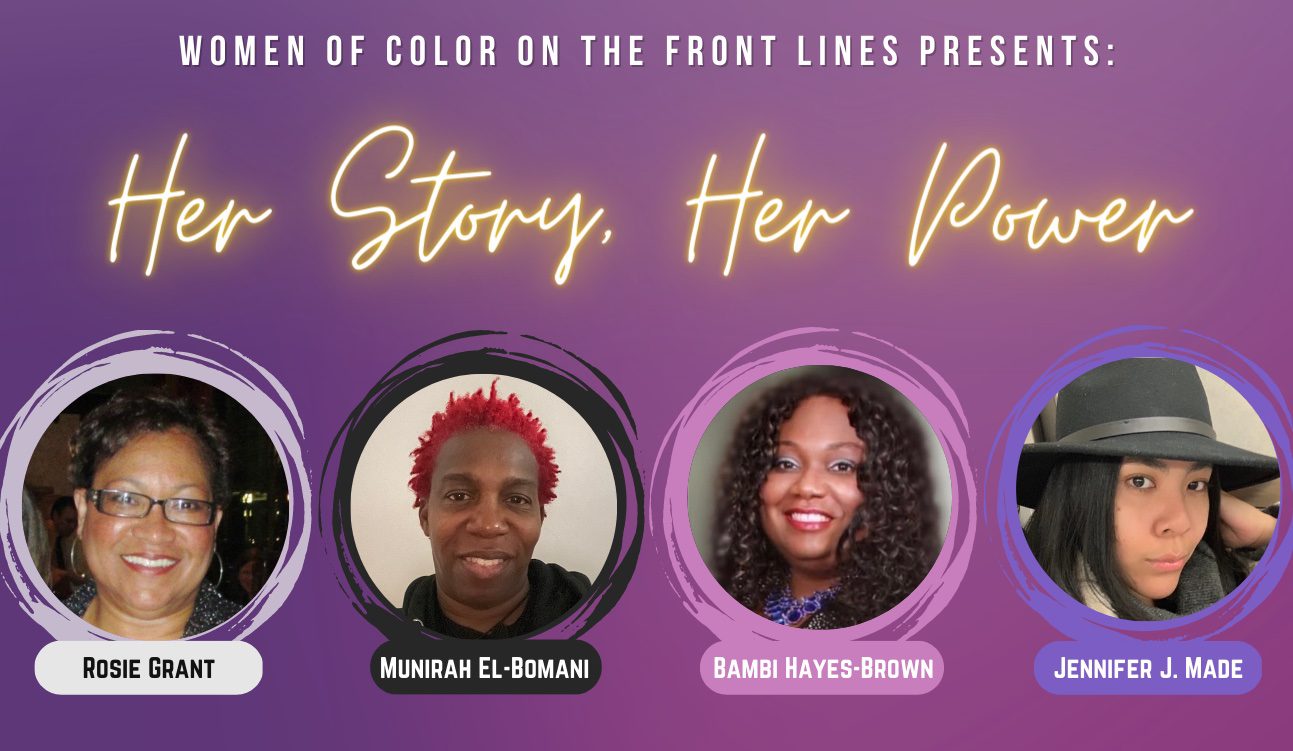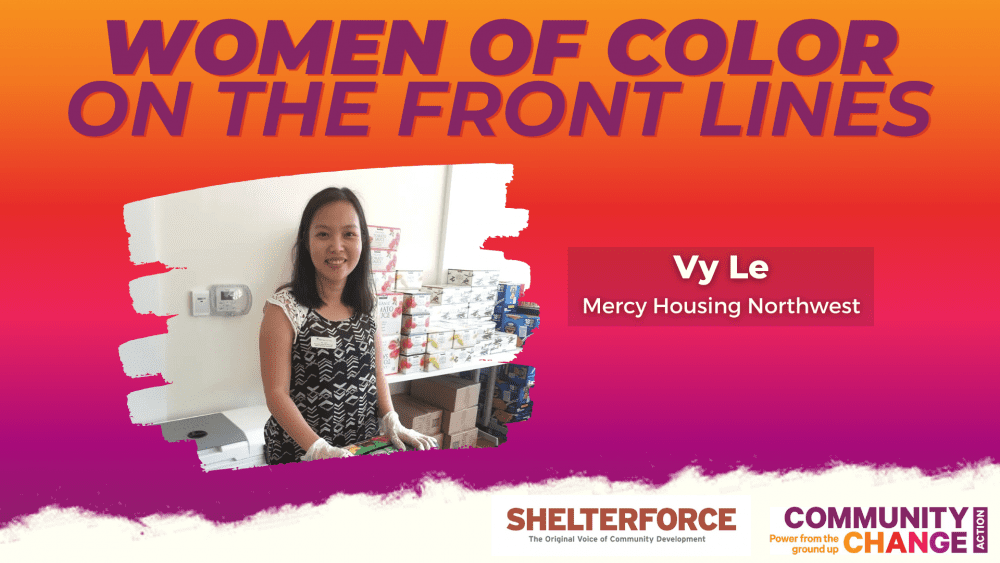
Pete Seeger and Bruce Springsteen at the inauguration of President Obama. Photo by Flickr user Hugh Grew, CC BY-NC-ND 2.0
What was the best event at the inaugural celebration? Watching Barack Obama take the oath of office, of course, but the next best moment was watching Pete Seeger and Bruce Springsteen lead the nation in singing “This Land is Your Land” at Sunday’s “We Are One” concert at the Lincoln Memorial.
Seeger is the legendary American folk singer and long-time radical activist who contributed mightily to the folk and protest movements of the ’50s and ’60s and has continued his activism with his environmental organization, the Clearwater group, which he founded in 1966. “This Land Was Your Land,” written in the shadow of the Great Depression by Woody Guthrie, captured the hurt and hunger endured by ordinary Americans as well as the push back by workers and farmers who organized across the country.
Watching the Sunday ceremonies reminded me of a political and singing event I attended almost two years ago, on April 26, 2006, and the thoughts I had about the possibility of change in America. On that day wife Bonnie and I drove to Asbury Park, New Jersey, and parked in front of the Stone Pony, where Springsteen got his start. We quickly walked passed the boarded-up homes, crumbling hotels and the rusty skeletons of abandoned office projects arriving at our destination, the majestic Convention Hall for a Springsteen concert.
My 26-year-old son Reuben had sent me an email two months before, and I couldn’t believe it. He wrote excitedly about the upcoming release of a new Bruce Springsteen CD that pays homage to Seeger. That album, We Shall Overcome: The Seeger Sessions, included Seeger’s folk songs about war, poverty, and unrest such as “Jessie James,” “Oh, Mary, Don’t You Weep,” “John Henry,” “Jacob’s Ladder,” and We Shall Overcome.” These songs, as well as “This Land Is Your Land,” had been an integral part of my family’s musical and political life. Reuben’s first concert had starred Seeger. In his email Reuben wrote: “I think you taught me most of the songs on the CD before I was 2.”
As he got older, Reuben rejected Seeger’s music as old-fashioned. He became a devoted Springsteen fan. Before he was 12, we had attended two Springsteen concerts.
When Springsteen announced his Seeger Sessions tour, I rushed to buy tickets. I spent the morning before the concert listening to old Springsteen and Seeger CDs. I noted that Seeger’s rendition of “The Land is Your Land” recorded in the album The Weavers Greatest Hits left out the provocative left-wing verses written by Guthrie, an act of self censorship caused no doubt by the Weavers’ fear of being attacked as communists. My wife and I drove an hour and a half down the Garden State Parkway for what would be one of New Jersey’s most uplifting political and musical events—a Bruce Springsteen concert covering ground from his new CD.
After entering the decaying main hallway, we edged into the theater’s mosh pit and stood two rows from the stage. Bruce appeared strumming an acoustic guitar and singing with a 17-member ensemble, which included Patti Scialfa, fellow E Street Band player Soozie Tyrell on the violin and musicians playing a banjo, accordion, piano and pedal-steel guitar, trumpet, sax, trombone, and tuba. Springsteen underpinned Seeger’s melodies with complex vocal and instrumental harmonies, his alchemy turning simple folk music into symphonies.
Politics were just under the surface. Bruce sang “Mrs. McGrath,” a story about a woman whose son lost his legs to war. In a reference to Hurricane Katrina he sang “How Can A Poor Man Stand Such Times And Live?” Springsteen added these lyrics: “bodies floating on Canal,” “I got family scattered from Texas to Baltimore,” and in a direct reference to George W. Bush’s response to the Katrina:
He took a look around and gave a pep talk/Said ‘I’ll be right here’/Then he took a little walk.
I looked at the faces of the audience and saw not just baby-boomers like Bonnie and me, raised on Seeger’s songs and grown into adulthood with Bruce. I was surprised to find so many younger fans, Reuben’s age, in their 20s and 30s, both blue- and white-collar types. Bruce was bridging the gap between the suburban liberal activist kids such as my son, who was raised on Seeger, and the more conservative white working-class kids who spent their summers at the Shore running boardwalk concessions.
The polls at the time indicated that most people under 30 had a good deal in common, no matter what their background. They supported unions, racial integration, equal rights, an increase in the minimum wage, helping the poor, stronger environmental laws, and opposed the war in Iraq. They wanted a more just and peaceful world, but became cynical and disillusioned by the George Bush era.
Watching Seeger and Springsteen at the Lincoln Memorial on Sunday, singing the original uncut version of “This Land is Your Land,” reminded me what these two have long understood: progressive change requires hope, the joining of different generations and ethnic groups, and an activism infused with the communal joy that comes with shared singing. Who could have known that all my son’s generation needed to help bring about the change we need was an African-American community organizer-turned-authentic political-leader, who was capable of inspiring them to action.
Here are the original uncut, subversive words of “This Land is Your Land” as it was sung Sunday at Obama’s Inaugural. Feel free to use these words from now on.
In the squares of the city
By the shadow of the steeple
By the relief office — I saw my people
As they stood there hungry, I stood there wonderin ’
If this land’s still made for you and me.
Chorus [this land is my land…]
There was a big high wall there — that tried to stop me;
Sign was painted — it said private property;
But on the other side — it didn’t say nothing;
That side was made for you and me.
Chorus:
Nobody living can ever stop me;
As I go walking — that freedom highway;
Nobody living can ever make me turn back ;
This land was made for you and me.




Comments